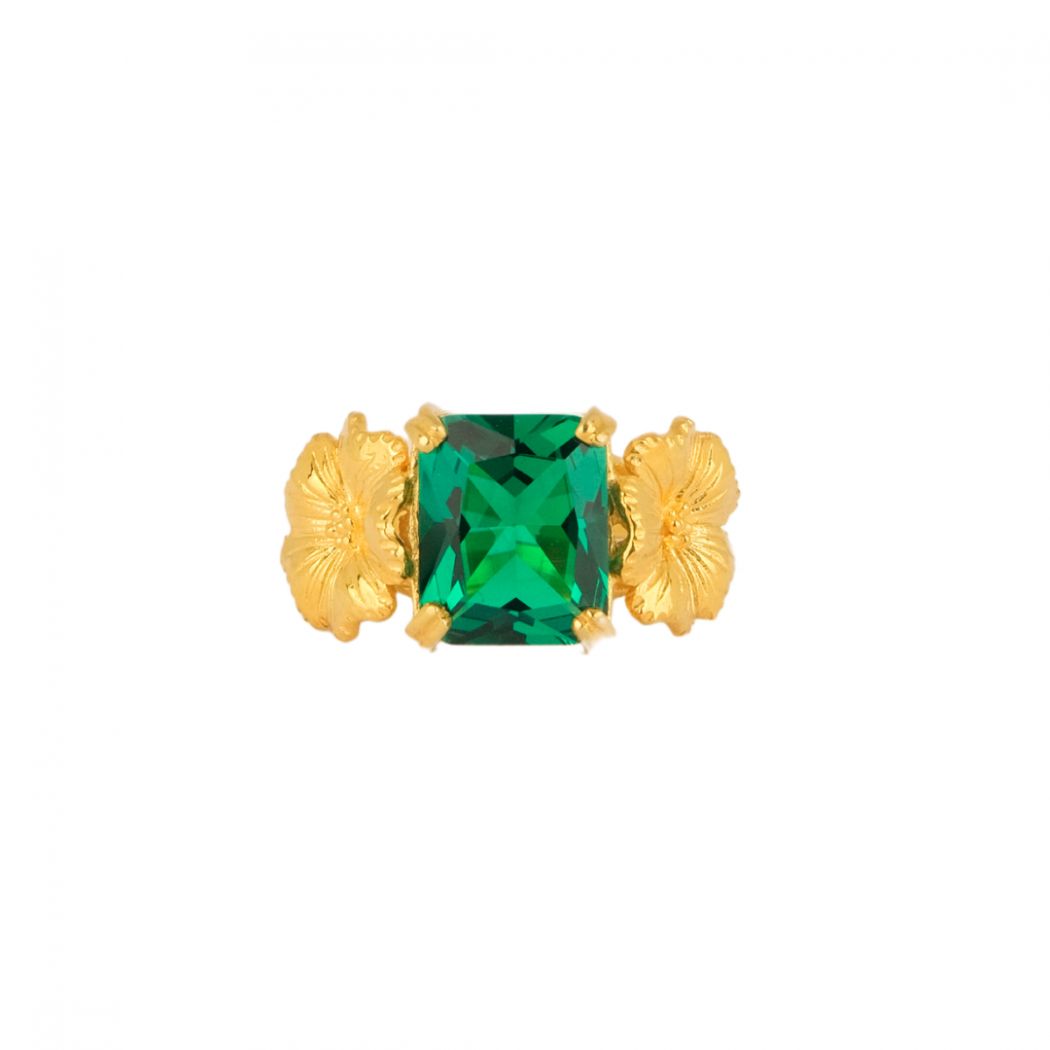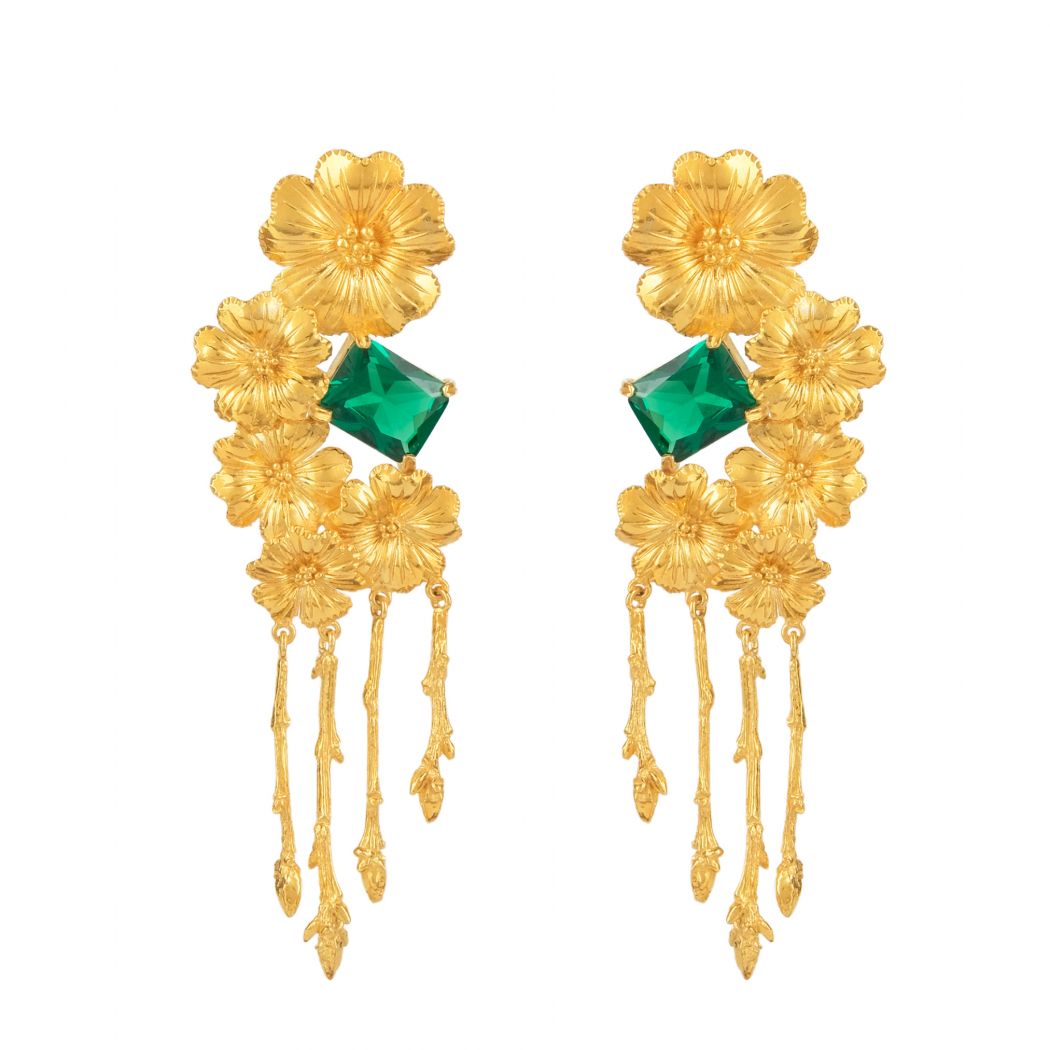- No products
Amália Rodrigues: The Queen of Fado who enchanted the world
Amália Rodrigues, born in Lisbon in 1920, was an actress, Portuguese fado singer and one of the most brilliant singers of the 20th century. She is the most successful Portuguese artist of all time, an illustrious Portuguese figure who is buried in the National Pantheon. Her powerful and emotional voice, combined with her striking stage presence, made her a worldwide phenomenon.

From an early age, Amália Rodrigues showed an innate affinity with fado, a musical genre deeply rooted in the Portuguese soul, characterized by melancholy, nostalgia, and the expression of deep emotions. Her ability to convey this to her listeners made her a true legend.
The Queen of Fado appeared on various television programs around the world, where she not only sang emotional fados and other songs from the Portuguese folk tradition but also contemporary songs and even some music from abroad.
The Early Years of Amália Rodrigues' Career
Amália Rodrigues was born into a very humble family and began singing in fado houses when she was 15, always accompanied by the Portuguese guitar. Her natural talent and charisma quickly caused a stir, and in 1945 she released her first album.
Throughout her career, the fado singer recorded more than 170 albums and sold more than 30 million records worldwide.
Her unique style, which combined tradition and innovation, quickly won the hearts of the Portuguese. Because she had a distinctive personality and talent, it wasn't long before she was performing on prestigious international stages, such as the Olympia in Paris and Carnegie Hall in New York.
Amália: Musical style and influences
Her deep and emotional voice, combined with her magnetic stage presence, amazed audiences of all nationalities.
Amália Rodrigues' musical style was unique and innovative. The fado singer didn't restrict herself to the banal and began to incorporate elements of flamenco, jazz and classical music into traditional fado, creating a sound that combined tradition and innovation.
The themes of her lyrics referred to love, loss, longing, and everyday life. Wherever she performed, Amália made a point of emphasizing her strong sense of patriotism and defending Portuguese culture.

Amália Rodrigues' Discography
The queen of fado released an extensive discography throughout her illustrious career. Some of her best-known albums include:
- "Fado Português" (1953)
- "Busto" (1962)
- "Fado e Guitarra" (1967)
- "Com que Voz" (1970)
- "Avé Maria" (1974)
Amália recorded many songs that have become fado classics. Her unique interpretations breathed new life into the songs, making them immortal and securing her prominent place in the history of world music. Some of her best-known songs include:
- "Estranha forma de vida"
- "Ai, Mouraria"
- "Fado Peninsular"
- "Barco Negro"
- "Com que Voz"
- "Povo que Lavas no Rio"
The Fado Singer's Dresses and Accessories
The fado singer was known for her elegant and bold style. She wore long black dresses with embroidered shawls, which became her trademark.
Her costumes were created by renowned Portuguese designers such as José de Castro and Maria Keil.
Amália was also known for wearing luxurious and extravagant jewelry, such as pearl necklaces and earrings. The singer was a strong and independent woman, and her jewelry reflected this strength. Bold pieces, such as necklaces and bracelets, emphasized her striking presence. At the same time, her choice of delicate and elegant pieces, such as earrings and rings, demonstrated her femininity.
As well as her contribution to the world of music, Amália also had a significant impact on Portuguese culture, her traditional black mourning costume and black shawl over her shoulders becoming synonymous with fado and Portugal.

Amália Rodrigues: A Legacy that Lasts for Generations
Amália Rodrigues died at home in 1999 at the age of 79. Her death was a national mourning in Portugal, yet her music continues to be popular in all four corners of the world, and she is considered one of the greatest singers of all time. Amália Rodrigues had an unparalleled impact on Portuguese music and culture.
Her influence can be felt in artists all over the world, inspired by her unique voice and the sensitivity with which she showed her emotions while singing. Her spirit lives on through her timeless discography, which continues to appeal to the feelings of millions of people around the world. The fado singer's legacy transcends generations and borders.
A Collection of Jewelry dedicated to Amália Rodrigues and Portugal
Fado, the musical genre with which Amália made her name, is directly linked to the history and soul of Portugal. The lyrics of the songs evoke feelings of longing, love, and national pride, feelings that are reflected in the design of the jewelry.
Portugal Jewels represents the queen of Fado through the Amália x Portugal Jewels collection that conveys the Portuguese culture and identity of the Fado singer.
Symbols such as the Portuguese ”escudo”, the swallow, St. Anthony, or the Portuguese guitar are often used in jewelry, carrying with them a deep cultural and historical significance. Amália, with her powerful voice and unmistakable presence, embodied these values, becoming a symbol of Portugal.





















